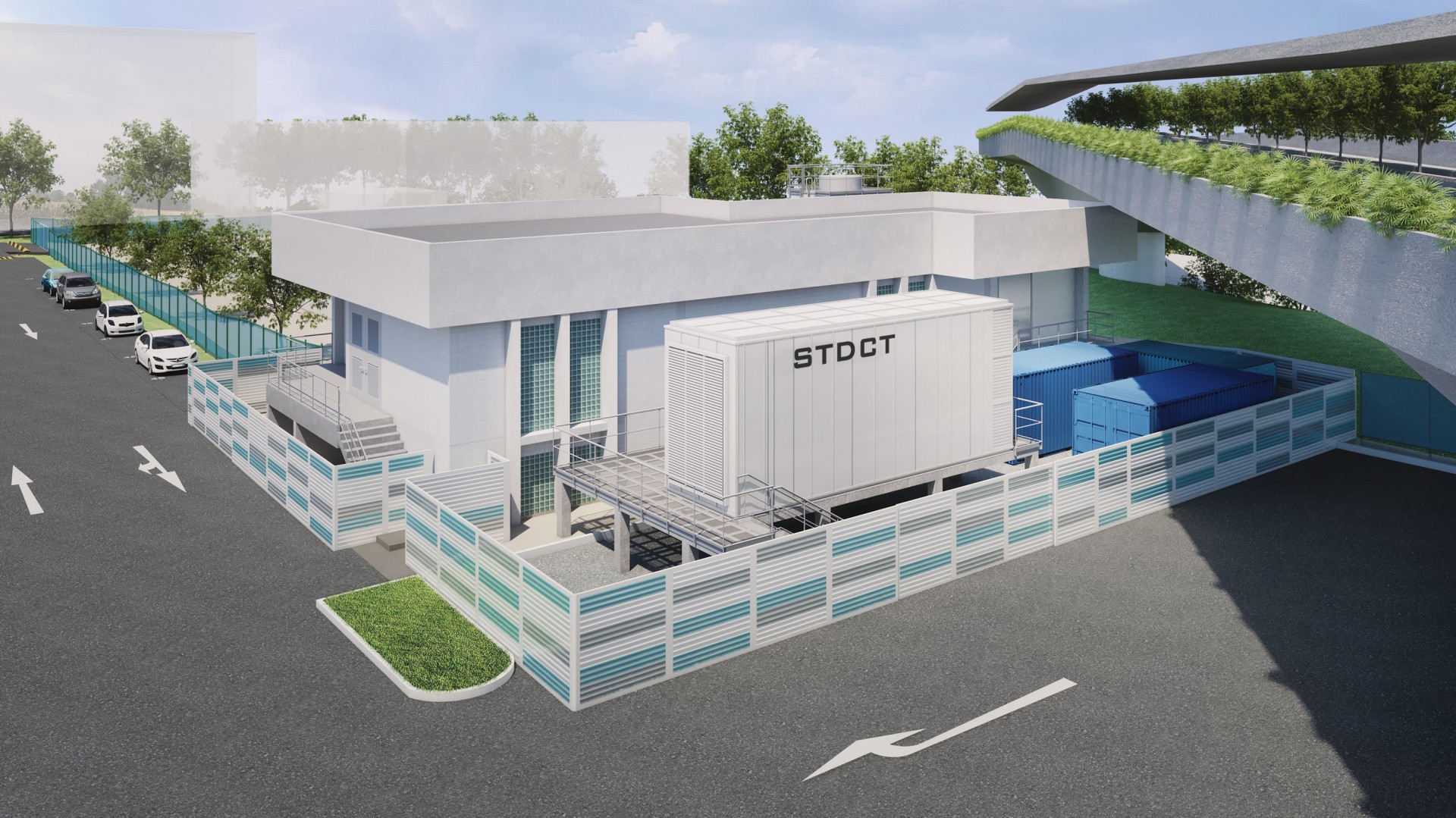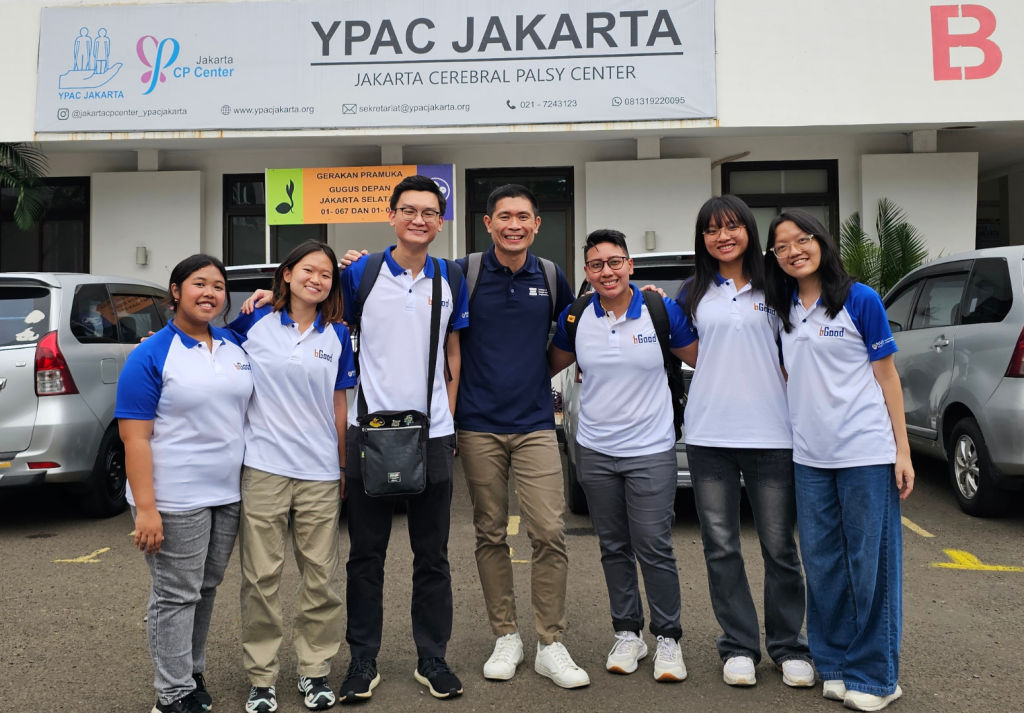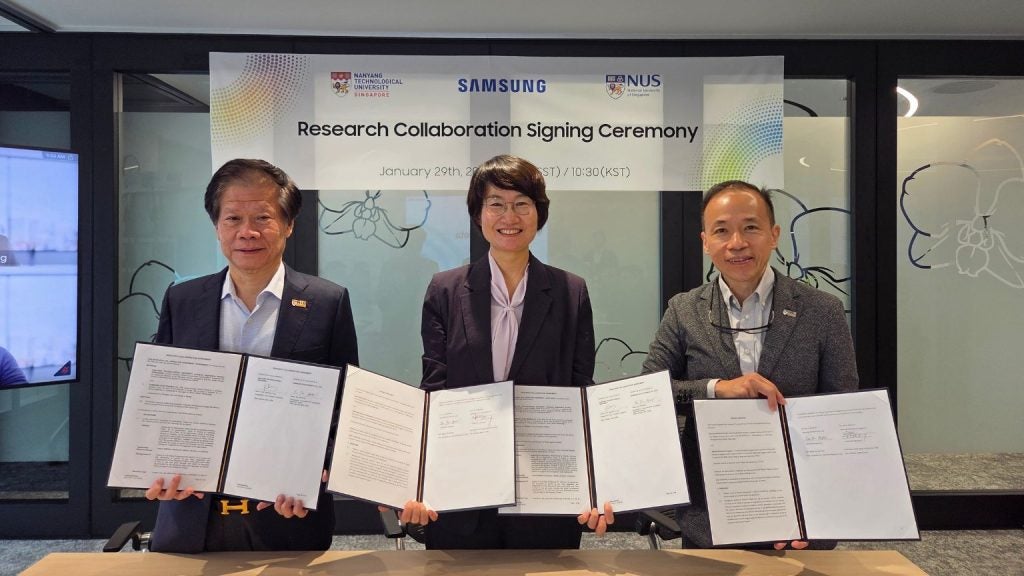
Researchers from NUS Engineering have joined forces with research and industry partners to launch a $23 million programme aimed at developing innovative and sustainable cooling solutions for data centres located in tropical locations.
As a central element of the programme, a state-of-the-art testbed facility will be set up in NUS to promote co-creation and demonstration of advanced cooling technologies.
The new Sustainable Tropical Data Centre Testbed (STDCT) - the first of its kind in the tropics - will serve as an innovation hub for the academia and industry to work together to future-proof the region's data centre industry. It is expected to be operational by 1 October 2021.
The programme is being jointly run with researchers at Nanyang Technological University (NTU) and supported by Infocomm Media Development Authority (IMDA).
It is jointly funded by the National Research Foundation Singapore (NRF), and anchor industry partner Facebook. Five other industry partners involved are Ascenix Pte Ltd, CoolestDC Pte Ltd, Keppel Data Centres, New Media Express Pte Ltd, and Red Dot Analytics Pte Ltd.
Cooling technologies
Curated by the Cooling Energy Science and Technology Singapore (CoolestSG) Consortium hosted at NUS, the programme will see researchers develop and demonstrate energy-efficient cooling technologies to achieve breakthroughs in the tropical data centre environment.
The STDCT and its research activities will be jointly led by Programme Director Associate Professor Lee Poh Seng from the NUS Department of Mechanical Engineering, together with Professor Wen Yonggang, Associate Dean (Research) at NTU's College of Engineering.
Singapore supplies about 60 per cent of the data centres located in Southeast Asia.
Currently these data centres consume almost seven per cent of the country's total energy output, a figure projected to reach 12 per cent by 2030.
Thus, there is increasing need to reduce power consumption and carbon footprint in packing more computing power within the same floor area, while developing solutions to sustain the cooling demands of data centres.
For more on this, click here to read the press release on NUS News





